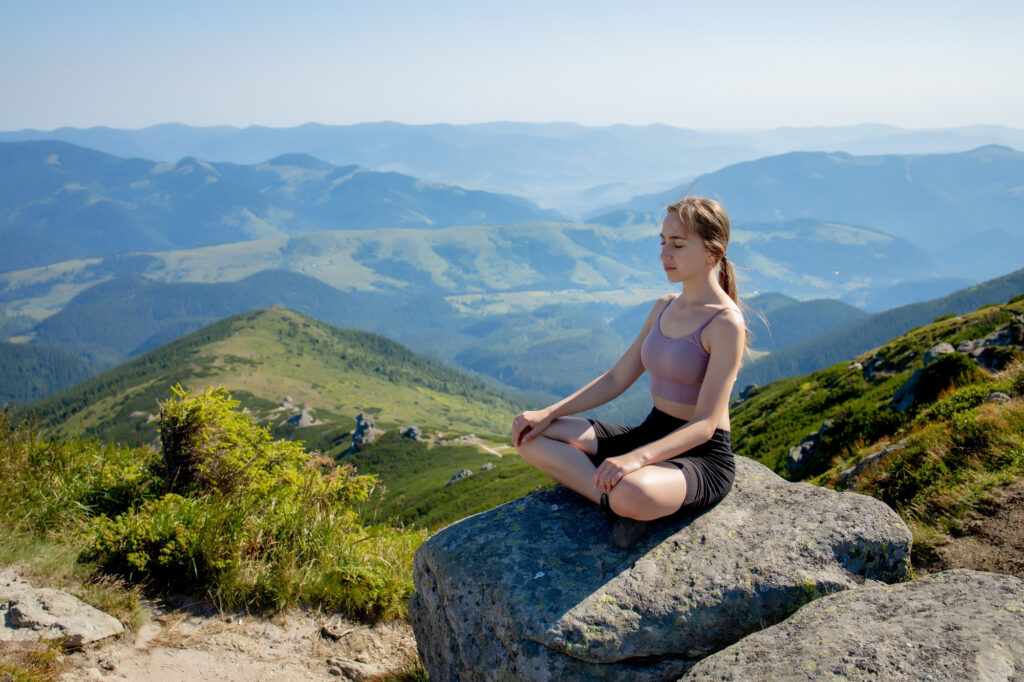- Breathe Deep, Feel Better
The simple act of spending time in nature is often overlooked as a powerful tool for improving mental health. The benefits of immersing oneself in natural environments are supported by a growing body of research, suggesting that engagement with nature can significantly contribute to physical well-being, mental clarity, and emotional resilience.

Psychological Restoration
One of the most well-studied effects of nature on the human mind is its capacity for psychological restoration. According to the Attention Restoration Theory (ART) proposed by Rachel and Stephen Kaplan, natural environments possess restorative properties that help reduce mental fatigue and improve focus. Natural settings, with their inherent stimuli, provide a gentle distraction that allows the cognitive functions responsible for directed attention to recuperate, thus restoring mental energy. For instance, a study conducted by the University of Michigan found that participants who walked in a botanical garden performed better on memory and attention tests than those who walked in urban settings.
Stress Reduction
Nature also plays a crucial role in stress reduction. Research indicates that spending time in natural environments can lower levels of cortisol, a stress hormone, and enhance feelings of well-being. A landmark study published in the journal “Environment and Behavior” demonstrated that simply viewing trees reduces stress, as measured by muscle tension, blood pressure, and brain activity. An example of this can be seen in programs like “forest bathing” in Japan, where participants spend time in forests to help reduce stress and improve mood.

Improved Mood and Emotional Well-being
Exposure to nature not only helps reduce stress but also enhances mood. A series of studies suggest that activities in natural environments, such as parks or countryside, can decrease the symptoms of depression, anxiety, and other psychological disorders. A notable example is a study from Stanford University, which found that participants who walked in a natural park reported lower levels of rumination — repetitive negative thoughts — and showed reduced neural activity in areas of the brain linked to mental illness compared to those who walked in an urban environment.
Connection and Community
Nature fosters a sense of connection, not only to the environment but also to other people. Community gardens, hiking groups, and outdoor sports facilitate social interactions that are vital for mental health. These activities help build a sense of community and belonging, which are important factors in long-term mental health resilience. An example of this is the community gardening movement in urban areas, which has been shown to promote community interaction and significantly improve the mood of participants.
Physical Health and Mental Health
The physical health benefits of being active in nature also contribute to improved mental health. Physical activity in natural settings, like hiking or cycling, has been shown to improve fitness and cardiovascular health, which in turn impacts mental health positively by reducing symptoms of depression and anxiety. Furthermore, exposure to sunlight during outdoor activities increases Vitamin D levels, which are important for maintaining mood and cognitive function.

The beauty of nature’s mental health benefits is that they’re accessible to everyone. You don’t need to go on a week-long camping trip to reap the rewards. Even small doses of nature can make a big difference. Engaging with nature is not just about escaping from the modern world; it’s about returning to our roots and rejuvenating our mental state, proving that the great outdoors is indeed great for the mind.











